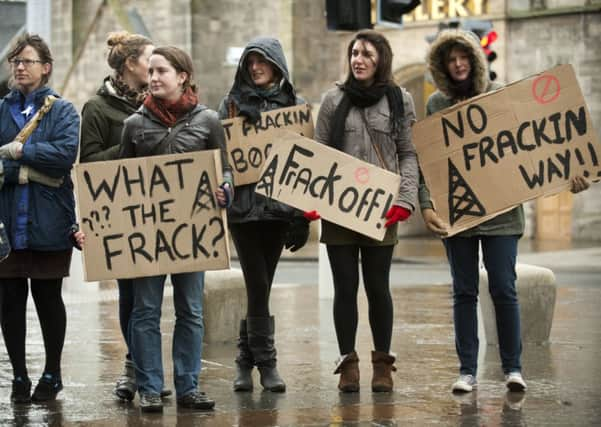Comment: Fracking adds up for Scotland


The No and Yes campaigns have argued that the outcome of the referendum will hinge on the economic arguments about people in Scotland being better or worse off in an independent Scotland. Central to that debate has been future North Sea oil and gas revenues.
The UK’s Office for Budget Responsibility’s (OBR) projections of future exploitable reserves have been much lower than those of the oil industry body Oil and Gas UK. The OBR oil and gas tax revenue prediction for 2014-2040 is a meagre £57 billion. Most informed comment supports Oil & Gas UK’s estimate of a remaining recoverable bounty of 24 billion barrels of oil equivalent from the North Sea.
Advertisement
Hide AdAdvertisement
Hide AdBut research underpinning the latest N-56 report convincingly supports the argument that even that amount may be almost a 100 per cent understatement and an additional 21 billion barrels may be exploitable – through exploiting the unconventional oil and gas reserves within the vast Kimmeridge Clay region of the North Sea.
The economic transformation of the US through shale reserve exploitation is testimony of the huge potential of unconventional oil and gas. So far, the potential for shale exploitation in the UK has focused on land-based deposits, sometimes controversially located within national parks.
There are numerous problems associated with exploiting on-land shale reserves. Tales of contamination of surface water, groundwater and general environmental degradation abound. Most of these problems do not apply to fracking in the North Sea. For example, contamination of water courses will not happen in the open sea.
This news about the real potential for North Sea oil and gas operations to continue for the next 100 years should be welcomed by all.
• Alex Russell is Professor of Petroleum Accounting, and Peter Strachan is Professor of Energy Policy at Aberdeen Business School, Robert Gordon University